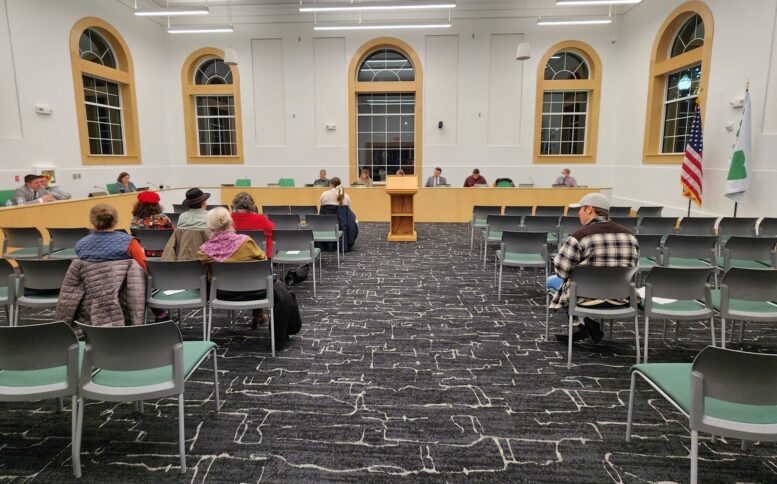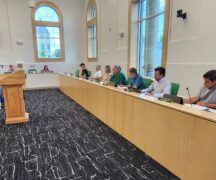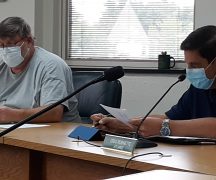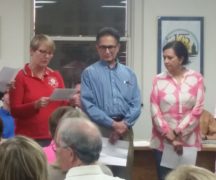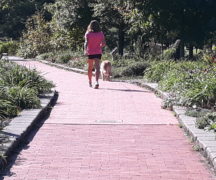By JAN LARSON McLAUGHLIN
BG Independent News
Twas the week before Christmas and all through city hall, council debated when houses were unsafe and weeds were too tall.
After much deliberation on Monday evening, Bowling Green City Council voted to adopt four ordinances aimed at ridding neighborhoods of unsafe and unsanitary situations.
The ordinances address junk cars, tall grass and weeds, natural landscapes in the right-of-way, and exterior property maintenance. The legislation dealt with:
Junk cars
The amendment to an existing ordinance would get rid of the requirement that the city has to publish a notice about inoperable vehicles multiple times in a newspaper of general circulation before removal. It is already a violation of state and city law to have inoperable vehicles in neighborhoods.
Noxious weeds/tall grass
Currently, when a homeowner allows grass or noxious weeds to grow higher than eight inches, the city can hire a lawn service to mow the yard and charge the owner $150 an hour. The amendment gets rid of the current requirement that the city must give notice to the homeowner five days in advance of mowing – each time the grass grows too high.
The proposed change would require notices to be issued the first and second times that a yard is overgrown. With additional infractions, the city would not need to provide notice prior to hiring a mowing crew.
When previously asked why the city could not just impose a fine, City Attorney Hunter Brown said that is not effective.
“That’s not always the impetus to action you might think it would be,” he said. The goal isn’t to issue fines to people, but to correct problems.
Managed natural landscapes
This ordinance addresses “managed natural landscapes” in right-of-ways, which is generally defined as the area between streets and front sidewalks. Brown explained the catalyst for the ordinance was a desire of the city to manage plants in the right-of-way for safety reasons.
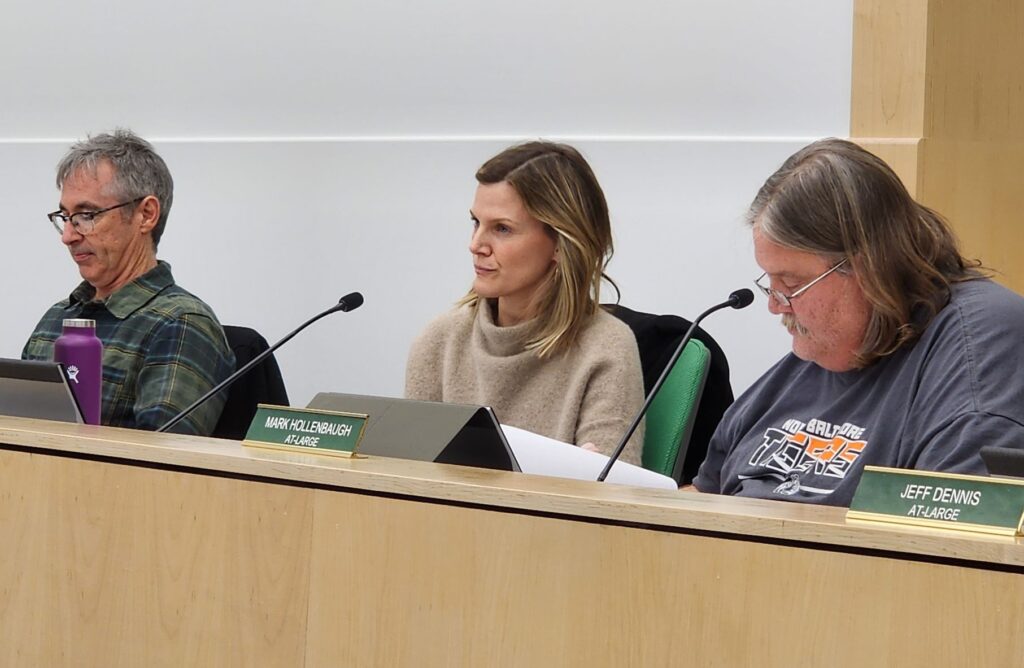
This ordinance stirred debate, with council member Rachel Phipps offering a series of amendments, one which would allow native species of 8 inches or less to be permitted in streetscapes.
Greg Robinette asked if that would make flowers around trees or mailboxes a violation if they exceeded 8 inches.
“I can’t imagine the city going around ordering people to rip up flowers around their mailboxes,” Hunter said.
“I’m really resisting saying we’re really getting into the weeds,” council President Mark Hollenbaugh said.
Another approved amendment requires the city to create a “managed natural landscape” webpage as a resource for citizens.
Exterior property maintenance
The vote on this ordinance was split with 4 supporting and 2 opposing the legislation. Council members debated language in the ordinance that was subjective or derogatory.
For example, an amendment recommended by council member Joel O’Dorisio suggested that the subjective term “offensive to the senses” be replaced with “unsanitary” or “dangerous.”
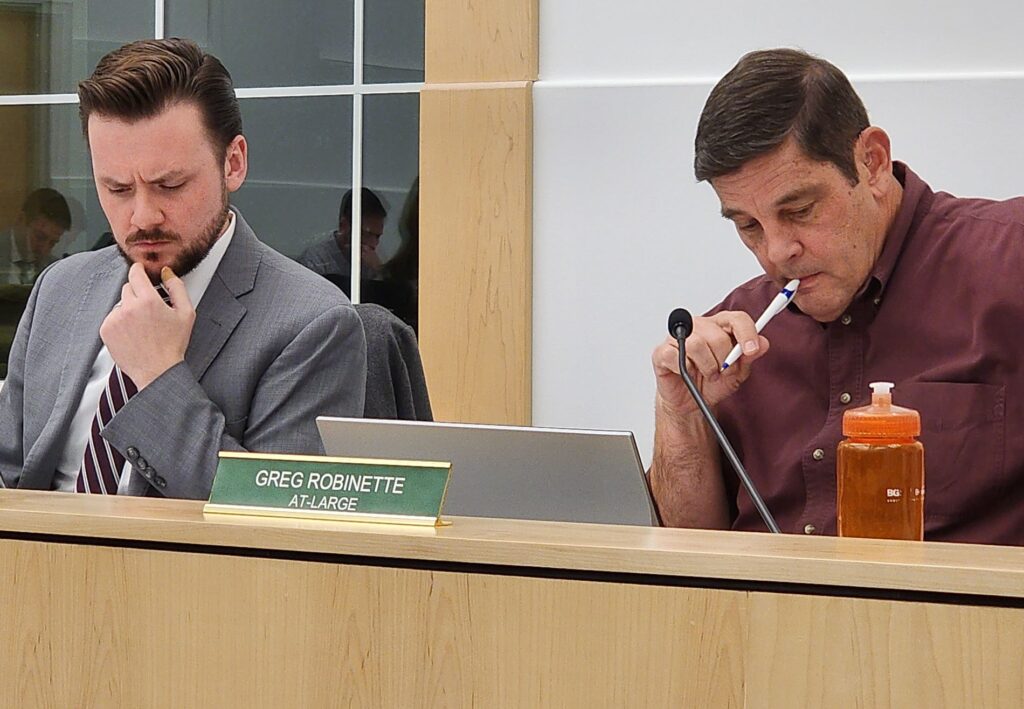
When talking about “overgrown” landscaping, Robinette asked “who is to determine what overgrown is?” That term was replaced with a definition of landscaping obstructing public sidewalks or right-of-ways.
The ordinance was taken from those in several communities in the region, according to Brown, who has said these regulations will allow Bowling Green to respond more quickly to neighborhood blight conditions.
“This is an additional tool for the city to use,” he said.
“The whole idea is to give the city another way to address these things,” Brown said of the exterior property maintenance ordinance. “Every other community that I know of has one. I couldn’t find any that didn’t have this.”
Robinette said he was uncomfortable with the subjective language in the ordinance. And O’Dorisio voiced concerns about some of the language being derogatory or undefined.
“I’m concerned that once we create these policing powers,” it will be difficult to rein them in, O’Dorisio said.
Council member Bill Herald said this type of legislation is a balancing act between working for the good of the community while not going too far infringing on individual property rights.
“Sometimes that requires trade-offs,” Herald said. “I think we all have the best interest of the community at heart.” But use of terms such as a “blighting influence” in a neighborhood shows that the ordinance needs more work, he said.
Robinette said he would be able to support some version of a property maintenance ordinance, “but I just don’t believe this is it.”
Hollenbaugh said that while it may not be perfect, “I feel like the legislation is a step in the right direction.” Council member Jeff Dennis said he envisioned this ordinance continuing to be amended as needed.
After the amendments and debate, voting for the ordinance were Hollenbaugh, Dennis, O’Dorisio and Phipps. Voting against were Herald and Robinette. Nick Rubando was absent.
Herald asked that the status of the ordinance be revisited within nine months to see if changes are needed.
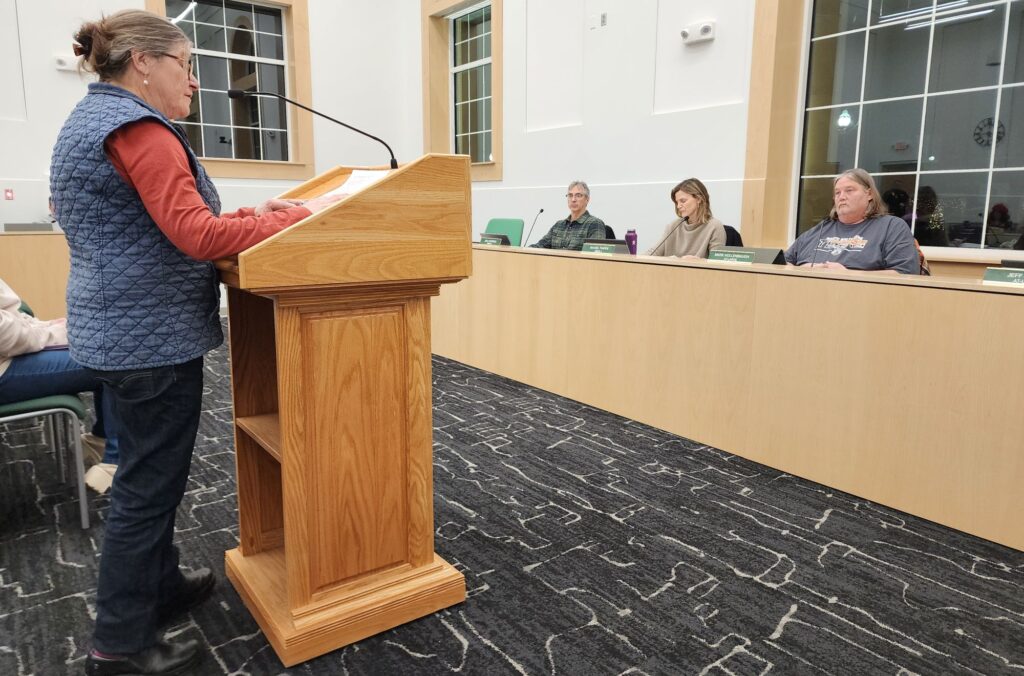
Citizen Rose Drain, of the BG Save Our Neighborhoods Group, voiced support of an exterior maintenance code for the city.
“A wide range of studies shows that sustainable housing, well maintained infrastructure and beautification support community resiliency, health and well-being,” Drain said.
“For homeowners who need financial help with property maintenance, both the city’s housing programs and the county’s CHIP program can help,” she said. “This spring, BG SONG will also help homeowners who apply for our Rock the Block Project with exterior repairs, yard work and routine home maintenance.”

